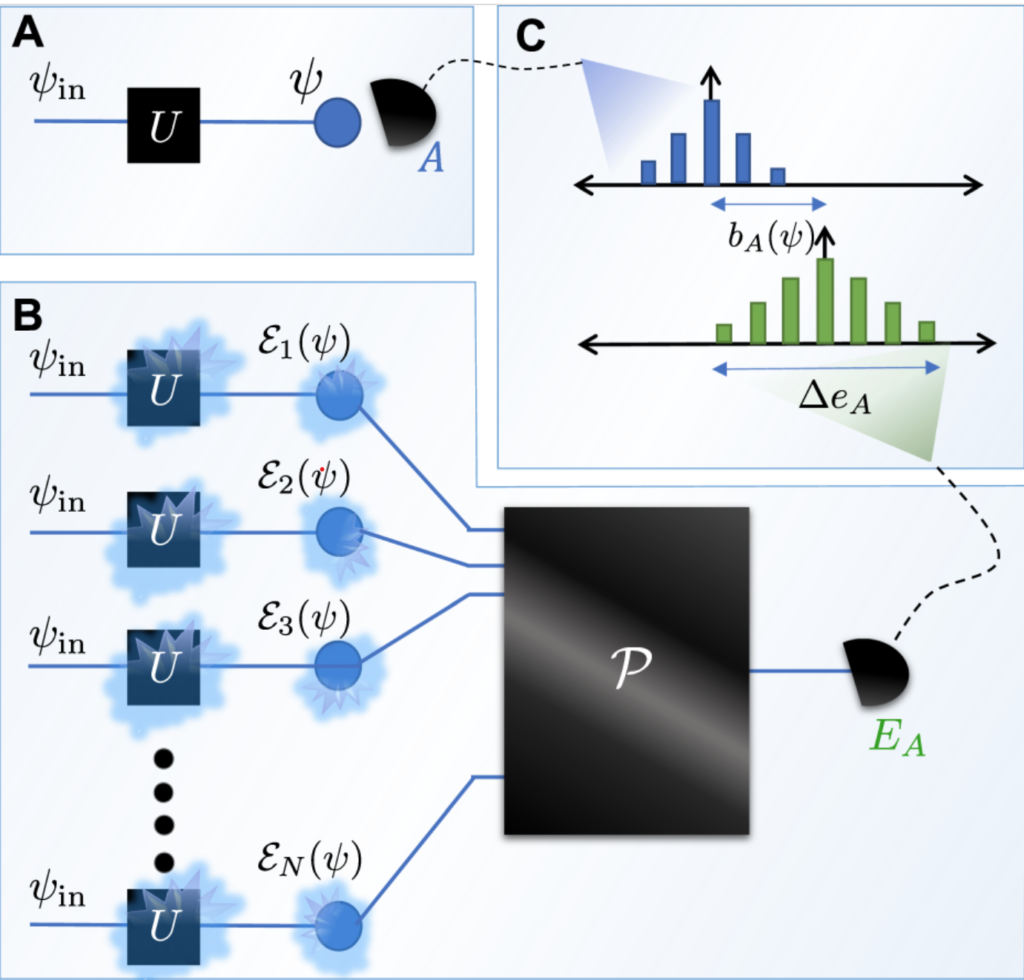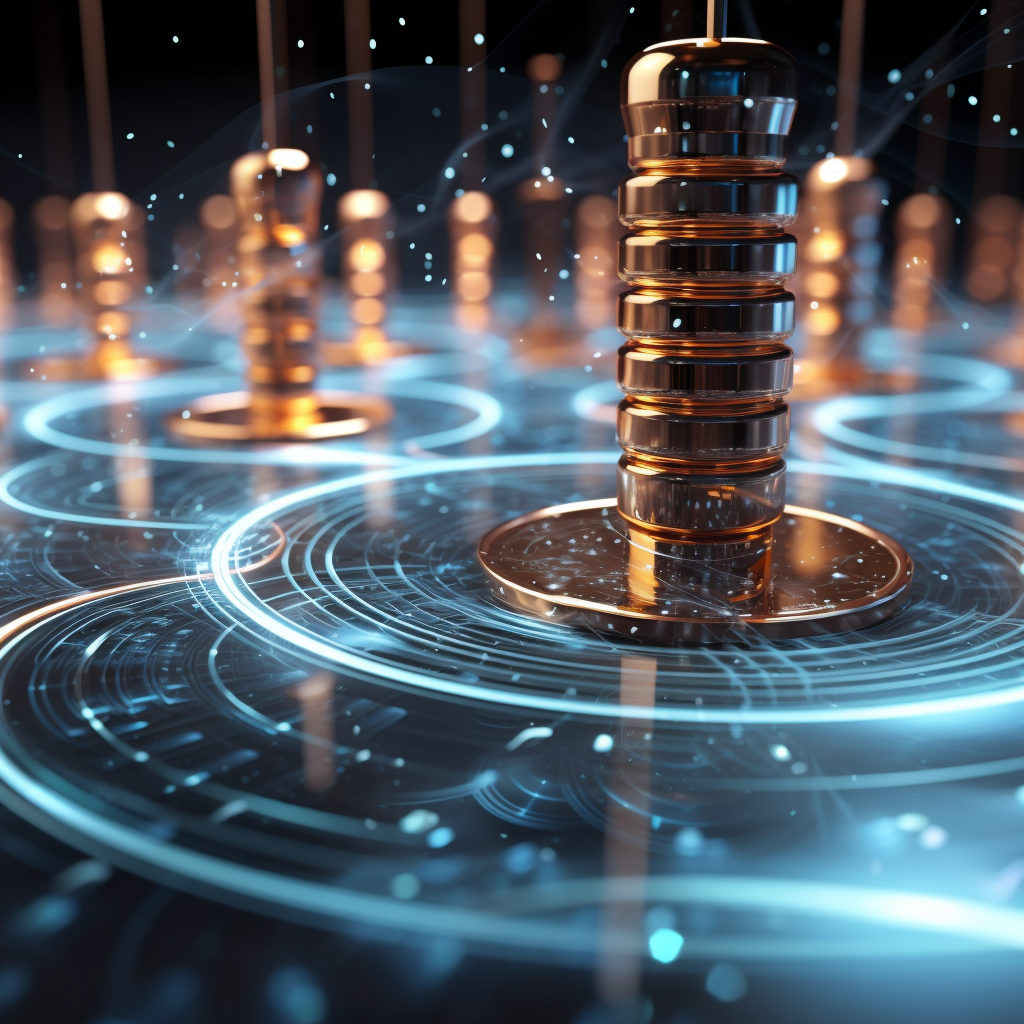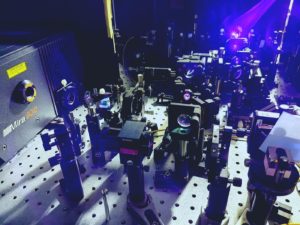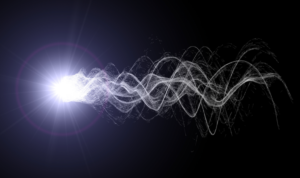The unavoidable accumulation of errors in quantum devices is consider a key hurdle in unlocking the full potential of quantum computing. In this, current generation quantum computers cannot do adaptive error correction and are thus limited to error-mitigation - a process of supressing errors without actively making measurements and adapting computation to their outcomes.
Here we ask, is there a fundamental limit to such strategies?
Out idea is to cast the entire error-mitigation process a quantum channel - allowing us to determine the minimal extra sampling costs needed to mitigate different types of error using fundamental data processing bounds. Some nice consequences include proving an unavoidable exponential growth in sampling costs with respect to circuit depth with mitigating local depolarizing noise and demonstrating provable optimality of probabilistic error cancelling in certain noise settings. These insights provide a valuable tool for us to determine the absolute limiting capabilities of near-term quantum devices, and identify when existing error-mitigation techniques are near-optimal or where there might be opportunities for significant further improvement.
- Fundamental limits of quantum error mitigation
Ryuji Takagi, Suguru Endo, Shintaro Minagawa & Mile Gu, npj Quantum Inf 8, 114





